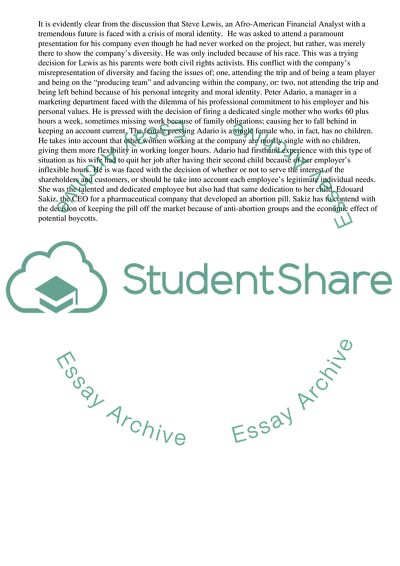Cite this document
(Defining Moments: An Analysis and Discussion of Business Ethics Research Paper - 2, n.d.)
Defining Moments: An Analysis and Discussion of Business Ethics Research Paper - 2. Retrieved from https://studentshare.org/business/1797404-ethics
Defining Moments: An Analysis and Discussion of Business Ethics Research Paper - 2. Retrieved from https://studentshare.org/business/1797404-ethics
(Defining Moments: An Analysis and Discussion of Business Ethics Research Paper - 2)
Defining Moments: An Analysis and Discussion of Business Ethics Research Paper - 2. https://studentshare.org/business/1797404-ethics.
Defining Moments: An Analysis and Discussion of Business Ethics Research Paper - 2. https://studentshare.org/business/1797404-ethics.
“Defining Moments: An Analysis and Discussion of Business Ethics Research Paper - 2”, n.d. https://studentshare.org/business/1797404-ethics.


